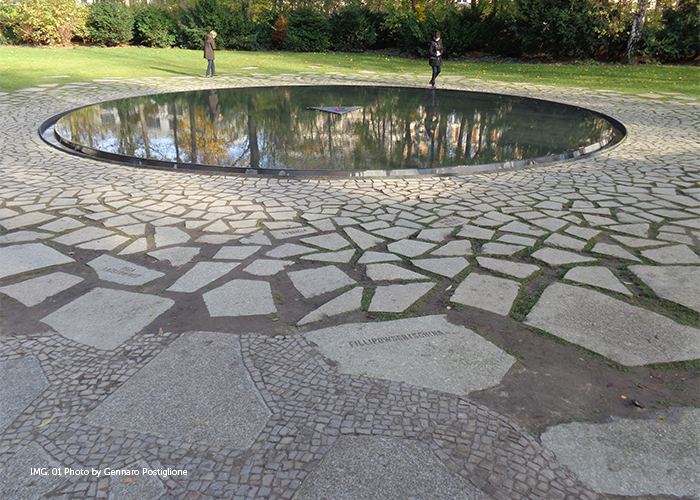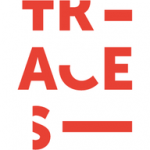

"TRACES (Transmitting Contentious Cultural Heritage with the Arts): From Intervention to Co-production" is a three-year project funded in 2016 by the European Commission as part of the Horizon 2020 Research and Innovation Programme. Through an innovative research methodology, TRACES investigates the challenges and opportunities raised when transmitting complex pasts and the role of difficult heritage in contemporary Europe.
TRACES involves a multi-disciplinary team that brings together established and emerging scholars, artists, and cultural workers to develop a rigorous, creative and all-round investigation on contentious cultural heritages, and to experiment with innovative research methodologies. In order to achieve these objectives, TRACES has initiated a series of “Creative Co-Productions” in which artists, researchers, heritage agencies, and stakeholders collaborate on long-term projects researching selected cases of contentious heritage and developing new participatory public interfaces.
In this context, a four-monthly refereed e-journal on museum heritage and design practices has been established, the TRACES Journal. The first issue of the e-journal, recently published, presents five articles focused on European Contentious Heritage. Authors include Michela Bassanelli, Marion Hamm, Erica Lehrer, Roma Sendyka, Magdalena Zych, Wojciech Wilczyk, Suzana Milevska, Karin Schneider and Nora Landkammer.
Furthermore, a call for papers for issue #3 of the TRACES Journal has recently been launched. TRACES invites scholars, researchers, artists, educators with the widest range of backgrounds, specialisation, and perspectives to submit innovative and critical reflections on the theme of Contested Heritages in Europe, in the form of short or full papers aimed at illustrating and assessing creative and reflexive formats, tools and strategies of heritage transmission with the arts, as building blocks for a new European identity.
Contributions investigating the story and cultural influence of sites of memories, will be particularly welcome, as well as papers addressing the ways in which artistic practices, exhibitions, museums, education centres reflected the contentious heritage and provided an opportunity for a public debate, in order to identify, assess and evaluate creative and reflexive formats, research tools and strategies of heritage transmission with the arts.
TRACES assumes that European cultural heritage is inherently complex and layered. Conflicting or controversial perspectives on different historical memories and experiences have always been colliding in the variegated cultural landscape of Europe. Such contentious heritages are often particularly difficult to convey to a wide public and can impede inclusivity as well as prevent the development of convivial relations. Nevertheless, if transmitted sensitively, they can contribute to a process of ‘reflexive Europeanisation’, in which the European imagination is shaped by self-awareness, on-going critical reflection, and dialogue across different positions.
For additional information about TRACES, please visit http://www.traces.polimi.it/.
The first issue of the TRACES Journal is available at http://www.traces.polimi.it/2016/10/06/issue-01-european-contentious-cultural-heritage/, whereas the call for papers for issue #3 (deadline: 9 January 2017) can be found at http://www.traces.polimi.it/2016/10/25/call-for-papers-mag03/
Photo above by Gennaro Postiglione, via TRACES